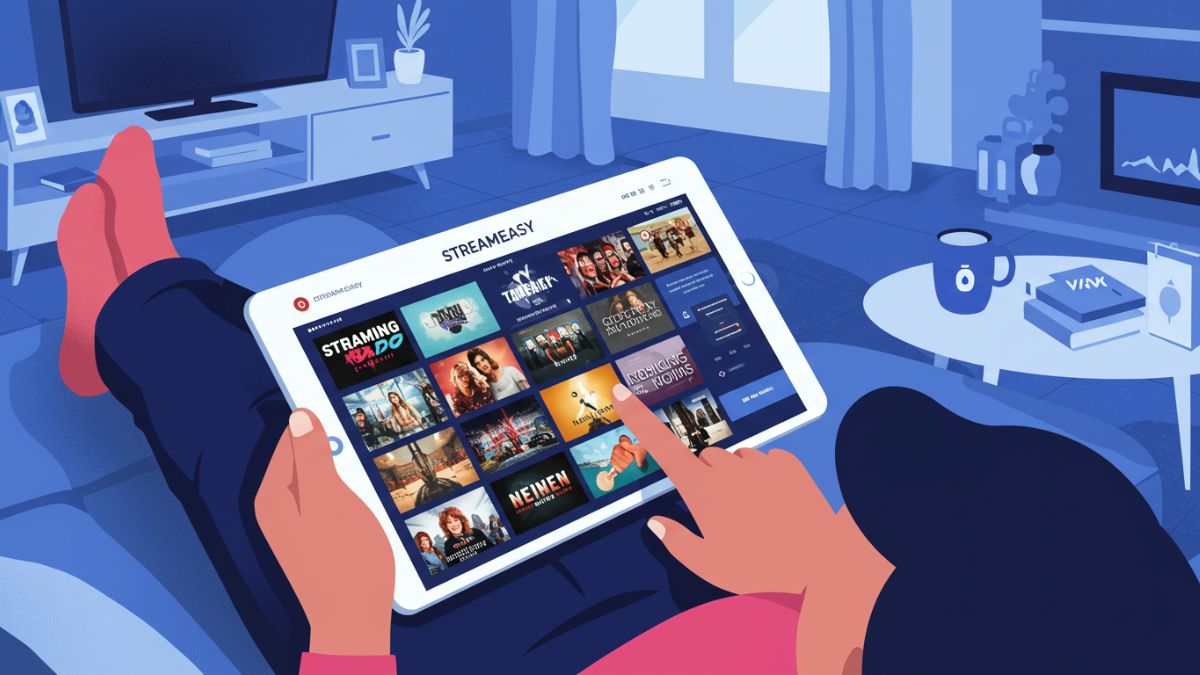The term “fapdemic” has emerged as a catchy buzzword sweeping through social media platforms and online communities. With the rise of memes, videos, and endless discussions surrounding this phenomenon, it’s hard to ignore its presence. What started as an offhand joke quickly turned into a cultural event that resonates with many across various demographics. But what exactly is the fapdemic? Is it merely a viral trend or something more profound? As we dive deeper into this intriguing subject, you’ll discover how it has taken root in our society, affecting everything from mental health to marketing strategies. Grab your popcorn; it’s time to explore all facets of this fascinating phenomenon!
The Impact of Social Media on the Fapdemic
Social media plays a pivotal role in the fapdemic phenomenon. Platforms like TikTok, Twitter, and Instagram have become breeding grounds for trends that can quickly go viral. Once an idea takes off, it spreads like wildfire.
Users create content that pushes boundaries. Memes, videos, and challenges often reference or even glorify aspects of the fapdemic. This constant exposure influences how people perceive and engage with the trend.
Furthermore, algorithms amplify this effect by promoting popular posts to wider audiences. A single share can catapult obscure topics into mainstream conversation overnight.
The accessibility of social media also means anyone can participate in discussions surrounding the fapdemic. This democratization fosters community but also perpetuates problematic behaviors as individuals seek validation through likes and shares.
In such an environment, what begins as innocent fun can morph into something more significant and potentially harmful over time.
Psychological Effects of the Fapdemic
The fapdemic has sparked intriguing discussions surrounding its psychological effects. Many individuals report feeling more anxious and isolated as they navigate this phenomenon. The constant barrage of content can lead to a sense of overwhelm, making it difficult to focus on daily tasks.
Additionally, the fapdemic fosters unrealistic expectations about intimacy and relationships. As people consume curated portrayals online, they may develop distorted views on physical connections, contributing to feelings of inadequacy or dissatisfaction in their own lives.
Another concern is the potential for addiction-like behaviors. The cycle of seeking validation through likes and shares can create an unhealthy reliance on external approval. This pursuit often comes at the expense of genuine social interactions.
Mental health issues such as depression may be exacerbated by prolonged engagement with these trends. Understanding these psychological impacts is crucial for those navigating this complex landscape.
How Companies are Capitalizing on the Trend
The fapdemic has caught the attention of various companies eager to ride this viral wave. Brands are seizing the opportunity by integrating themes related to self-expression and individuality into their marketing strategies.
Social media platforms have become playgrounds for advertisements that resonate with younger audiences. Companies leverage memes, influencers, and user-generated content to engage potential customers in ways that feel relatable and authentic.
Subscription services focusing on adult entertainment have surged in popularity, offering exclusive content tailored to niche markets. These businesses create a sense of community among users while capitalizing on the heightened interest surrounding the fapdemic.
Moreover, wellness brands are jumping aboard too. They promote products aimed at mental health and well-being under the guise of promoting self-care during these unprecedented times. This clever positioning allows them to tap into consumer sentiments while simultaneously boosting their sales figures.
Ways to Break Free from the Fapdemic
Breaking free from the fapdemic starts with self-awareness. Acknowledging your habits is the first step toward change.
Set clear boundaries for your online activities. Create a schedule that limits browsing time and stick to it. This can help reduce impulsive behaviors.
Engage in alternative activities that capture your interest. Hobbies like reading, exercising, or learning a musical instrument can shift your focus away from mindless scrolling.
Connect with others in real life. Building meaningful relationships provides emotional fulfillment and reduces reliance on virtual validation.
Consider digital detoxes periodically. Taking breaks from social media allows you to reset mentally while fostering healthier routines.
Seek professional support if needed. Talking to someone who understands can provide strategies tailored specifically for you, helping you navigate this complex issue effectively.
Conclusion:
The fapdemic reflects a unique blend of cultural shifts and digital influences. It has created waves across various platforms, capturing the attention of millions.
Understanding its nuances is essential for navigating today’s social landscape. The interplay between curiosity, desire, and accessibility shapes this phenomenon in unexpected ways.
People are drawn to explore their boundaries while grappling with societal pressures. This creates an intricate web of emotions that can be both liberating and overwhelming.
As individuals become more aware of their habits linked to the fapdemic, they may seek healthier approaches. Recognizing personal triggers opens up pathways for growth and self-discovery.
FAQ’s
What is the fapdemic?
The fapdemic refers to a surge in discussions and behaviors around self-pleasure, often amplified by social media trends and memes. It reflects a cultural moment where sexual expression is more openly discussed.
Is the fapdemic harmful?
Like many trends, its impact can vary. For some, it may lead to healthier attitudes towards sexuality; for others, excessive engagement could result in negative psychological effects or addiction-like behavior.
How do I know if I’m affected by the fapdemic?
Signs include an increased preoccupation with self-pleasure at the expense of other activities or relationships. If you find that it’s interfering with your daily life, seeking support might be beneficial.











